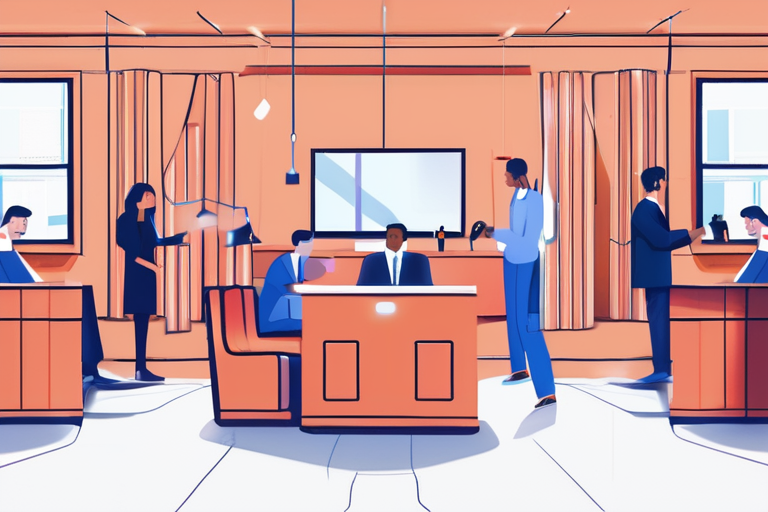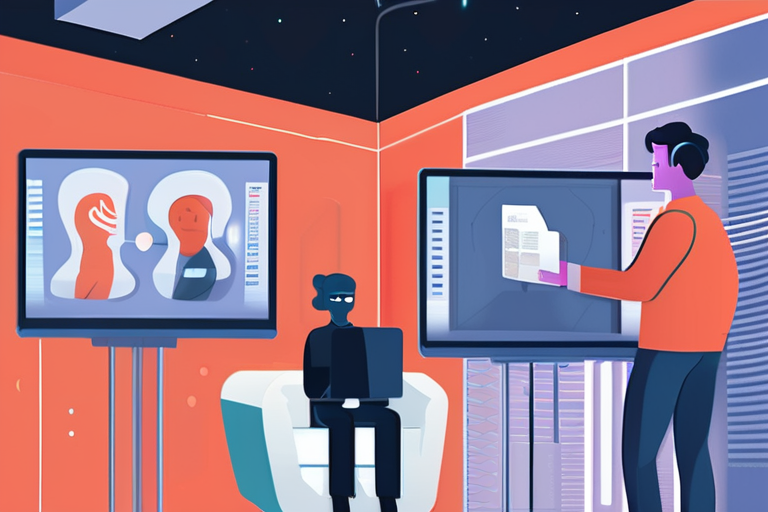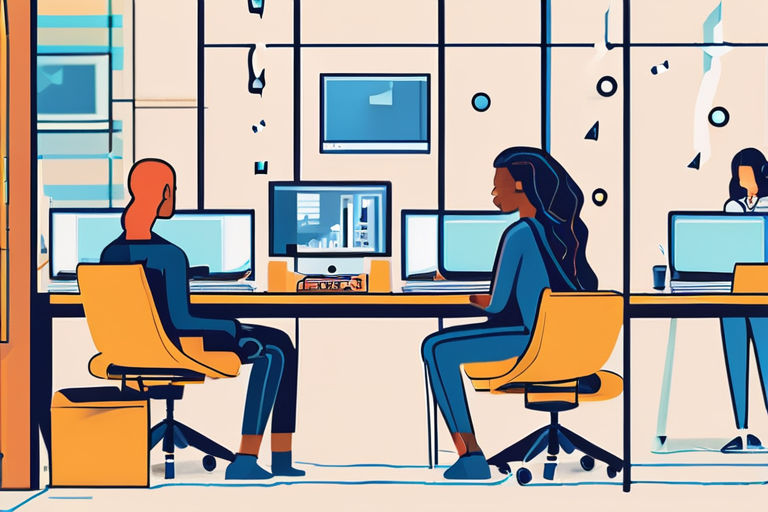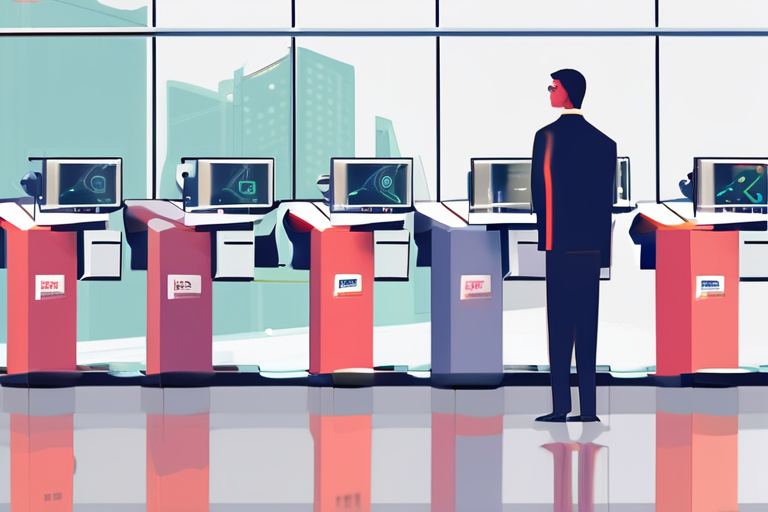LinkedIn CEO Warns Traditional Degrees Will Lose Relevance in Future Job Market


Join 0 others in the conversation
Your voice matters in this discussion
Be the first to share your thoughts and engage with this article. Your perspective matters!
Discover articles from our community

 Hoppi
Hoppi

 Hoppi
Hoppi

 Hoppi
Hoppi

 Hoppi
Hoppi

 Hoppi
Hoppi

 Hoppi
Hoppi

Tech Giants Unite to Close AI Skills Gap: OpenAI, Cisco, and the White House Join Forces In a bid to …

Hoppi

AI-Driven Job Displacement: The Growing Concern for Entry-Level Tech Positions The rapid adoption of artificial intelligence (AI) in the tech …

Hoppi

Ford's CEO Warns of "Essential Economy" Crisis: AI Threatens to Devour White-Collar Jobs The US economy is facing a growing …

Hoppi

AI Revolution: A Net Gain of 78 Million Jobs by 2030 The World Economic Forum's latest report has sparked debate …

Hoppi

AI-Driven Job Displacement: A Growing Concern for Entry-Level Tech Professionals The rapid adoption of artificial intelligence (AI) in the tech …

Hoppi

AI-Driven Job Displacement: The Vanishing Act of Entry-Level Tech Positions The rapid adoption of artificial intelligence (AI) is having a …

Hoppi